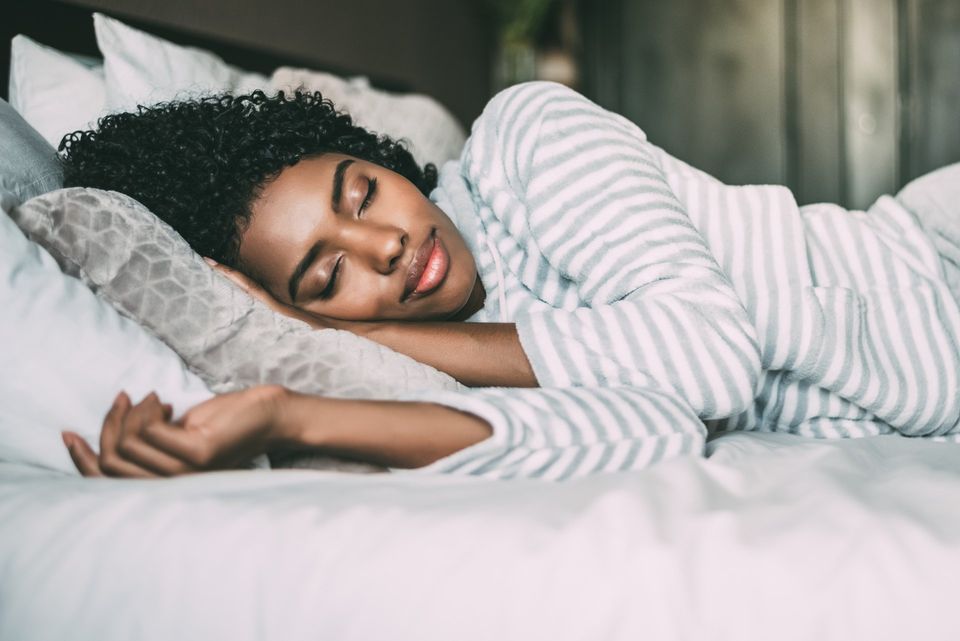SLEEP

The quality of nighttime sleep dramatically impacts a person's daily activities. On the flip side, daytime behaviors affect sleep quality. Finding the right balance between these two essential routines will vastly improve your well-being.
Sleep resets the "biological clock" in our bodies. This internal force is what keeps organs operating smoothly night and day, by regulating our natural circadian rhythms. Unhampered, these 24-hour cycles optimize physical and mental behaviors, body temperature, hormones -- and proper sleep patterns.
LIGHT AND DARK
The eyes link directly to the hypothalamus, the region of the brain that controls our desire to sleep. At night, the hypothalamus releases the sleep-inducing hormone melatonin. Light, however, suppresses production of this hormone.
To keep this vital process fine-tuned, all smart devices should be shut off at least an hour prior to bedtime. Any light, whether from a TV, tablet or smartphone, tricks the brain into thinking it's daytime and interferes with circadian rhythms.
SNOOZE FEST
Ideally, a person's sleep schedule should remain consistent every day, including on weekends and vacations. Going to bed and waking up on a set schedule is an excellent way to regulate the body and maximize the restorative properties of sleep.
It's best to get at least seven hours of rest. People who frequently have less than five hours run a greater chance of premature death. If you live in an active suburb or city, consider using a white noise machine, earplugs, a sleep mask and even blackout curtains to ensure uninterrupted slumber.
Establishing a relaxing bedtime routine is also important. Reading with a dim light, taking a candlelit bath, and diffusing lavender oil can all help prepare the body for deep sleep. To avoid disruptive late-night trips to the bathroom, avoid drinking all fluids before bedtime.
It's also imperative that the bed is comfortable. Most conventional mattresses should be rotated regularly and need replacing every 10 years.
SLEEP AIDS
Several daytime behaviors can affect how well a person sleeps. Diet has a huge impact on sleep patterns. Studies reveal that eating unhealthy foods throughout the day leads to less recuperation during sleep and greater nighttime restlessness. Certain medications similarly impact sleep quality. People who eat healthy, stay hydrated and exercise daily have the most beneficial rest.
FORTY WINKS
Although midday naps are not a replacement for a good night's sleep, they do improve mental clarity and boost productivity throughout the day. NASA found that after a 40-minute nap, pilot alertness improved by 100 percent!
Of course, a refreshing midday power nap should be avoided if falling asleep at night is a struggle. When it's time for bed, it's always best to be tired. A full ration of rest that allows you to pass successfully through the five stages of sleep -- four phases of nonrapid eye movement and one of rapid eye movement -- is better than two smaller doses.
